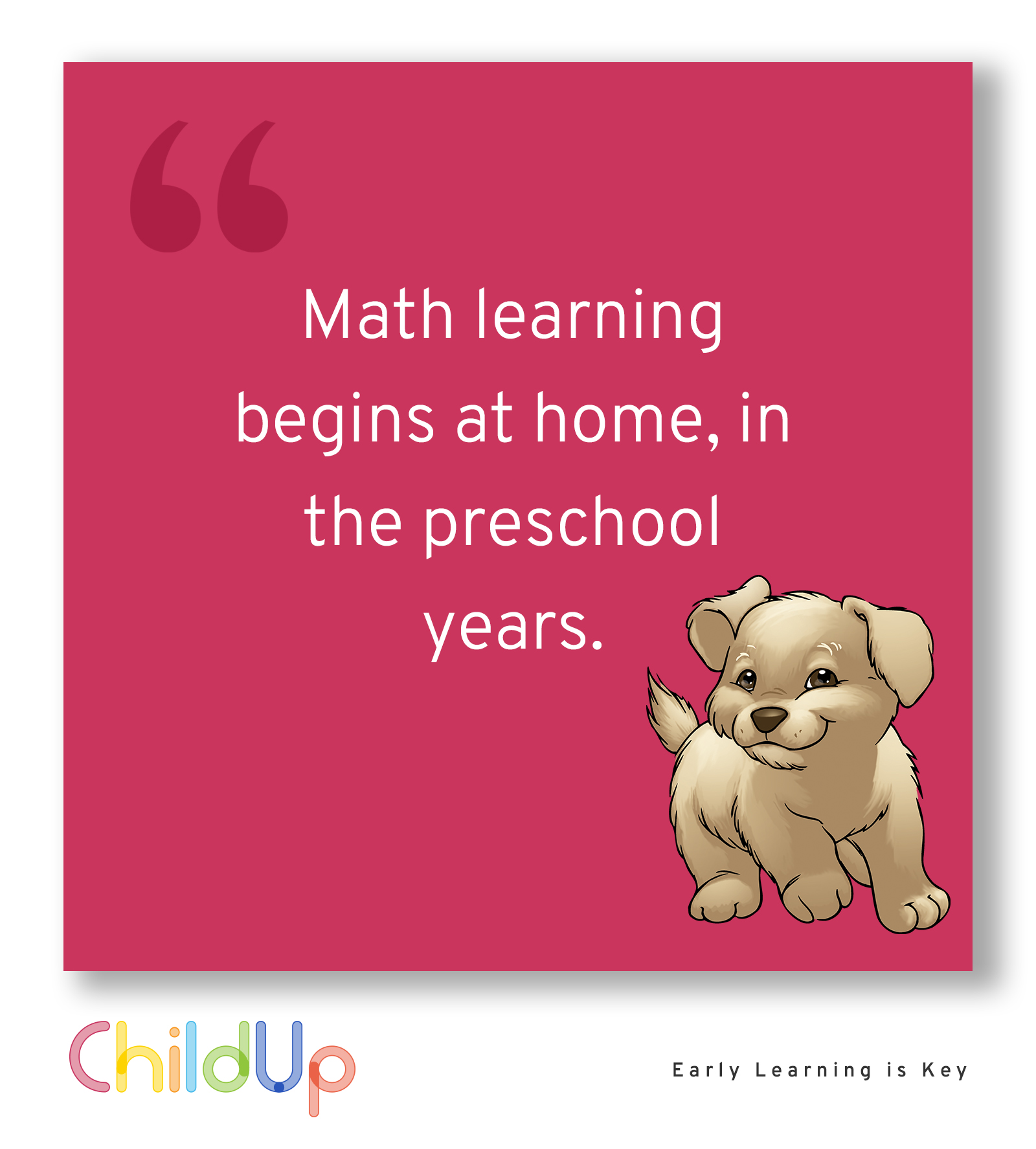A new study by researchers from the University of Chicago has shown that math anxiety is a a problem not only in the United States but in many countries in the world. The central question of the research was: does the fact that you are bad at math make you anxious, or rather that being anxious makes you bad at math? Well, it seems it’s a bidirectional issue. “Poor performance in math can lead to math anxiety, but there are also studies that point in the other direction; if you have math anxiety it disrupts your concentration,” said Alana Foley, a postdoctoral fellow in developmental psychology at Chicago University and first author of the study.
According to Sian Beilock, a professor of psychology at the same university, parental anxiety can be transmitted to their children and parents likely play an important role in this process, for the better or the worse. Many people tend to believe that either you are good or bad at math from birth, rather than to think that human skills are the result of learning and practice. “It’s an interesting phenomenon in our culture to hear highly intelligent people bragging about not being good at math, not being numbers people,” said Beilock.
In any case, research has shown that abilities, as well as anxiety, are both shaped even before a child enters school. “A lot of my work starts in the preschool years with the thesis that math learning begins at home,” said Dr. Susan Levine, chairwoman of the department of psychology at Chicago University. Math skills at kindergarten entry predict not only later math achievement, but also other important abilities such as reading. “There’s some research out there that shows that when kids enter the kindergarten door behind in math, it’s hard to close the gap,” said Levine. Unfortunately, a large number of parents continue to think it’s the job of school to teach numbers to their kids.

Picture: Early Learning Is Key (ChildUp.com)


